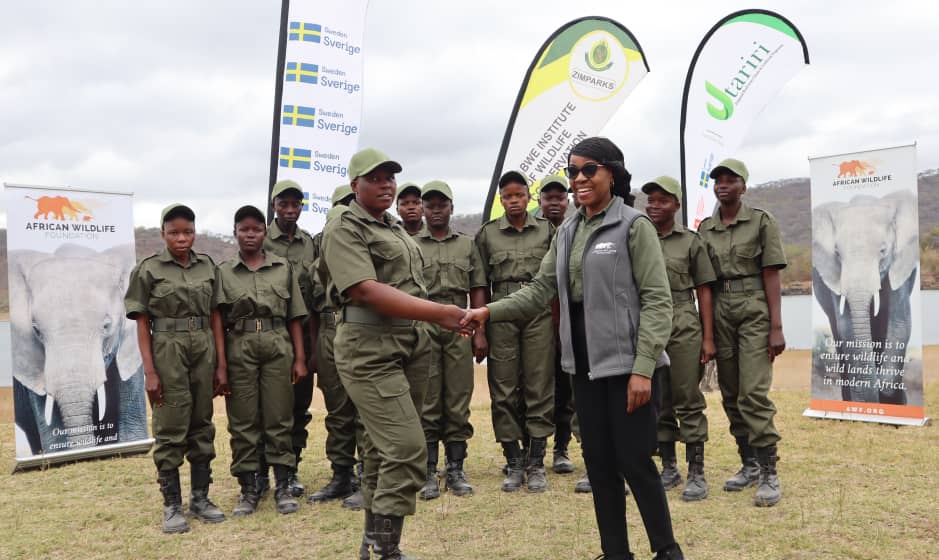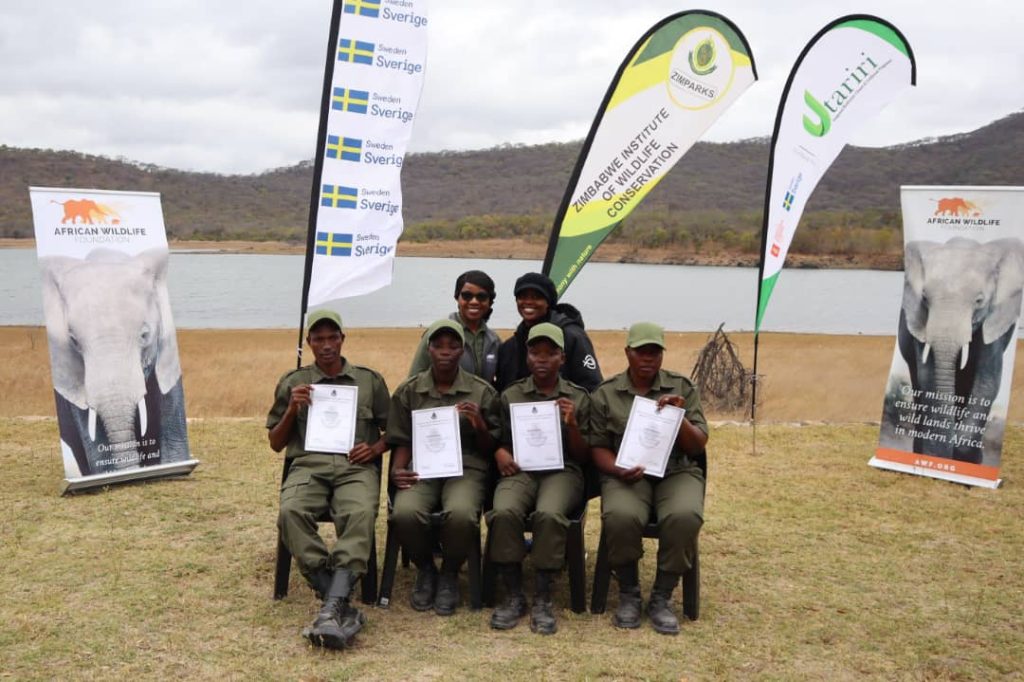At CryptoLeo Casino, players can enjoy a thrilling gaming experience built on a foundation of robust security and unwavering commitment to fair play. Utilizing cutting-edge encryption technology and regular audits by independent regulators,
cryptoleo casino ensures that all transactions and gameplay are transparent and secure, allowing players to focus on what truly matters: the excitement of their favorite games. With a firm belief in integrity, CryptoLeo Casino provides a safe haven for online gambling enthusiasts, where trust and fairness are paramount. At GunsBet Casino, the VIP rewards program is designed to elevate your gaming experience, offering exclusive benefits that cater to the needs of our most loyal players. From tailor-made bonuses to personalized customer support, every aspect of the VIP experience reflects our commitment to excellence. Discover the advantages that await you by joining the elite ranks of
gunsbet VIPs today! At JokaBet Casino, players can enjoy peace of mind knowing that their personal and financial information is protected by state-of-the-art encryption technology, ensuring a secure gaming experience. Committed to fair play, JokaBet enforces strict regulations and regularly audits its games, allowing players to indulge in their favorite pastimes with confidence. Discover more about the remarkable safety measures and gaming integrity at
jokabet casino. At LuckyWave Casino, players can enjoy the thrill of gaming with the added advantage of fast payouts, ensuring that their winnings are swiftly transferred without unnecessary delays. This commitment to efficient transactions not only enhances the gaming experience but also fosters trust and reliability among its users. Experience the seamless service for yourself at
luckywave. At WreckBet Casino, the thrill of gaming goes hand in hand with an exclusive VIP rewards program designed to elevate your experience to new heights! As a member, you'll enjoy fantastic perks like personalized account managers, special bonuses, and invitations to elite events, making every visit feel like a royal affair. Dive into the excitement today and discover the exceptional benefits awaiting you by visiting
wreckbet! At Betsio Casino, VIP players are treated to an unparalleled experience that elevates their gaming journey to new heights. With exclusive access to personalized rewards, including tailored bonuses and dedicated account managers, the
betsio VIP program ensures that each member feels valued and appreciated. Experience luxurious perks such as invitations to high-stakes events and bespoke promotions that cater specifically to your preferences, making your time at Betsio truly unforgettable. At Casino007, your gaming experience is not only thrilling but also secure and transparent, ensuring that every spin and deal is fair play at its finest. With cutting-edge encryption technologies and a commitment to responsible gaming, players can dive into their favorite games with peace of mind. Discover the excitement today at
casino007! For players seeking a seamless gaming experience, Coin Casino stands out with its impressive commitment to fast payouts, ensuring that your winnings are in your hands as quickly as possible. With a streamlined withdrawal process and a variety of payment options,
coin casino not only prioritizes player satisfaction but also enhances the overall thrill of online gaming. Enjoy the peace of mind that comes with swift transactions, allowing you to focus on what you love most: playing and winning. At Jimmy Winner Casino, visitors are treated to an extensive array of slot machines that cater to every player's preference and style. From classic three-reel games to the latest video slots adorned with captivating themes and interactive features, the variety is truly impressive. Whether you're seeking a nostalgic gaming experience or the thrill of modern jackpots, you can easily find your favorite game by exploring what
jimmy winner has to offer. At Moana Casino, VIP players are treated to a world of exclusive rewards and personalized experiences that elevate your gaming journey to new heights. From tailored bonuses and luxury gifts to dedicated account managers, the VIP program ensures that every visit feels special and rewarding. Discover more about the exceptional perks offered at
moana and immerse yourself in a gaming atmosphere designed for those who seek the ultimate in excitement and luxury. At GoldenMister Casino, the thrill of winning is matched only by the excitement of fast payouts, ensuring that your rewards are just a click away. Players can enjoy seamless transactions and quick access to their winnings, making every gaming experience not only exhilarating but also rewarding. Discover the electrifying atmosphere and speedy cashouts at
goldenmister casino today! KatanaSpin Casino has revolutionized the gaming experience with its cutting-edge mobile gaming app, allowing players to dive into a world of exhilarating slots and table games right from their smartphones. Whether you're on a coffee break or lounging at home, the app offers seamless navigation, stunning graphics, and an impressive array of features that keep every session thrilling. Discover more about this innovative platform at
katanaspin and elevate your gaming adventures wherever you go. At LuckyMax Casino, new players are greeted with a plethora of generous welcome bonuses that significantly enhance their gaming experience. From substantial deposit matches to free spins on popular slots, these enticing offers are designed to give players a head start on their journey to hitting the jackpot. Discover the excitement today by visiting
luckymax casino and take advantage of these fantastic promotions! At Midnite Casino, your safety and fair play experience are top priorities, ensuring every spin and deal is packed with excitement and peace of mind. With state-of-the-art security measures in place and a commitment to transparent gaming, players can dive into thrilling gameplay knowing they are in a trustworthy environment. Discover the excitement for yourself at
midnite casino! For players seeking excitement without the constraints of GamStop,
non-gamstop casinos offer a thrilling alternative, particularly when it comes to fast payouts. These platforms prioritize quick transactions, ensuring that players can enjoy their winnings almost instantly, enhancing the overall gaming experience. Dive into a world where speed meets entertainment, and watch your funds flow seamlessly! Discover the thrill of gaming at VipZino Casino, where new players are greeted with some of the most generous welcome bonuses in the industry, turning every spin into a rewarding experience. With these fantastic offers, you can dive into an expansive selection of games while boosting your chances of winning big. Don't miss out on your opportunity to explore everything that
vipzino has to offer! At Slotbunny Casino, VIP players are treated like royalty with a range of exclusive rewards designed to elevate their gaming experience. From personalized account managers to lavish bonuses and tailored promotions, every perk is crafted to ensure maximum enjoyment. Discover the exceptional benefits waiting for you at
slotbunny and unlock a world of luxury gaming today! At XtraSpin Casino, every spin brings the chance to unlock exclusive VIP rewards that elevate your gaming experience to the next level! As a valued member, you'll enjoy personalized bonuses, dedicated account managers, and invitations to thrilling events that make your casino journey truly unforgettable. Discover the excitement today at
xtraspin casino and get ready to reap the rewards you deserve! Bonuseria casino to miejsce, gdzie każdy gracz może liczyć na wyjątkowe nagrody VIP, które sprawiają, że każda chwila spędzona w kasynie staje się jeszcze bardziej ekscytująca. Z atrakcyjnymi bonusami i personalizowanymi ofertami,
bonuseria casino zapewnia swoim najbardziej lojalnym klientom niezapomniane doświadczenia oraz możliwość korzystania z ekskluzywnych przywilejów. Sur
spinational casino, les amateurs de machines à sous seront comblés par une variété impressionnante de jeux, allant des classiques intemporels aux dernières innovations ludiques. Chaque joueur peut trouver son bonheur grâce à une sélection soigneusement composée, intégrant des thèmes captivants et des mécaniques de jeu fascinantes qui promettent des heures de divertissement. Que vous soyez novice ou joueur aguerri, votre expérience de jeu n'en sera que plus enrichissante.



